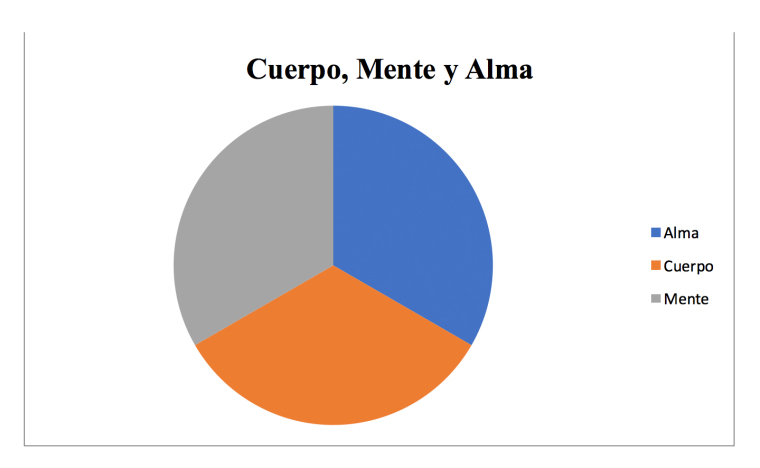
Having thoroughly benefited from reading Christian Smith’s 2009 book Souls in Transition, I decided to read his 2011 book Lost in Transition: The Dark Side of Emerging Adulthood. You can tell by the title that it has a negative undertone. But wow, I was not expecting to come out depressed after reading it. But I did. Very depressed. But I think this is a book that anyone with a teenager or young adult in the family should read. For campus ministers, it is a must read. It is true that much in the book will be known by those who work with emerging adults (in this book the age is limited from 18-23), but this book backs up what you know, and also shines the light on a few things you may not know.
Rather than try to review all the book in one go, I have decided to break it down chapter by chapter, adding to the blog when I can. Here are the five chapters: Morality Adrift, Captive to Consumerism, Intoxication’s “Fake Feeling of Happiness”, The Shadow Side of Sexual Liberation, and Civic and Political Disengagement. Let’s start with Chapter One.
Chapter One is divided into several sub-divisions. I will not be able to cover all of them, but will hit some of the ones that I think are most illustrative of the problems young emerging adults have in defining and explaining morality.
Moral Individualism
According to Dr. Smith and his research, six of out 10 emerging adults “expressed a highly individualistic approach to morality.” To this 60 percent, morality is “a personal choice, entirely a matter of individual decision.” A typical response on the survey and in individual interviews included: it’s personal, it’s up to the individual, and who am I to say.
Moral Relativism
About 3 out of 10 emerging adults interviewed professed a belief in “strong moral relativism.”
Moral Sources
Thirty-four percent of those interviewed didn’t know what makes anything morally right or wrong. According to Dr. Smith, not only did they not know the source for morality, they could not even understand the question.
Forty percent stated that how other people “would think of them (at least partly) defining what for them would be morally right and wrong.”
Sixty percent stated that morality was based on whether anything “functionally, improved people’s situations.”
Fifty-three said that whatever “hurts someone physically, emotionally, financially, or otherwise it is wrong.” But many also made a distinction between hurting individuals and business, with less caution about hurting what they saw as not individuals.
So, what are some of the conclusions that Dr. Smith and his team draw from their research?
First, they found that “moral individualism is widespread among emerging adults and that a sizeable minority professes to believe in moral relativism.” They also found that “emerging adults resort to a variety of explanations about what makes anything good or bad, wrong or right—many of which reflect weak thinking and provide a fragile basis upon which to build robust moral positions of thought and living.”
Second, many emerging adults have a hard time “to distinguish between objectively real moral truths or facts and people’s human perceptions or understandings of those moral truths or facts.” An example that Dr. Smith gives, is whether is slavery moral wrong, or is it morally wrong because we believe it to be morally wrong. On many issues those being interviewed did not seem to understand the difference.
Third, emerging adults are bombarded by different values, morals, philosophies, lifestyles, and religions like never before, yet they have little to no training in how to evaluate what they constantly see and hear through the internet and social media. Never before has a generation had so much information and choices to make with that information.
Finishing up this chapter I realized how much collegiate ministers or lay people working with emerging adults need to incorporated basic logic in how we explain the Gospel and its implications. After almost two decades listening to “do whatever you want to as long as you don’t hurt someone” from educational leaders, pop stars, and other media sources, many of them no longer have the skills to really understand not only what morality is, but basic logic as well. Your students are not getting basic thinking skills about morality from school, the culture at large, or even at many churches. You really are the last chance for many of them.
Next time we will look at Chapter 2: Mass Consumerism
To read my review of Souls in Transition click here
Photo by Noah Silliman on Unsplash Advertisements Share this:





